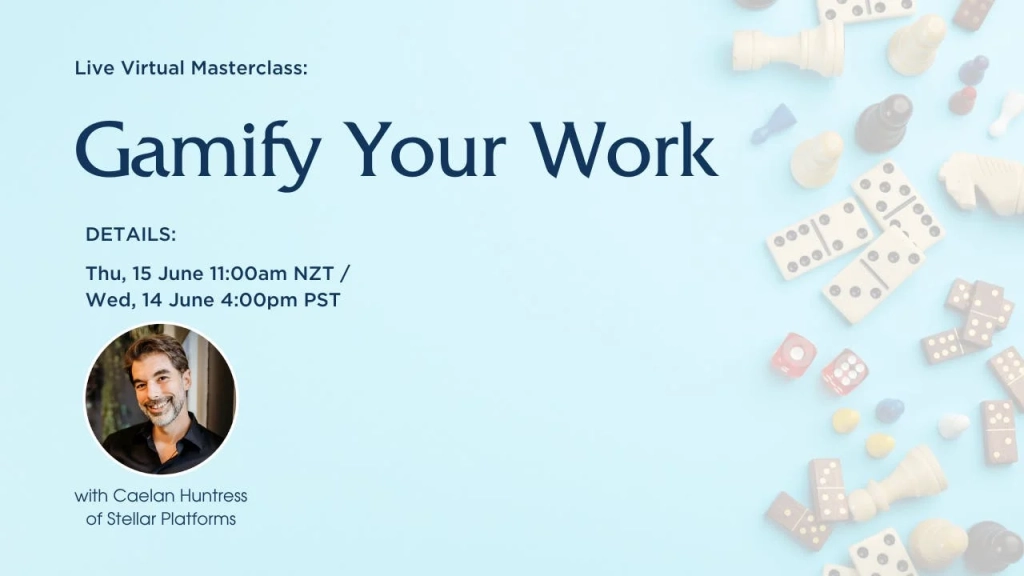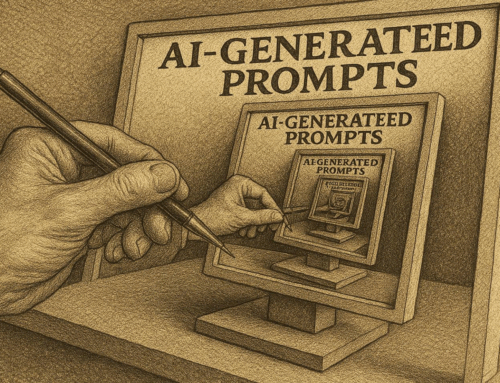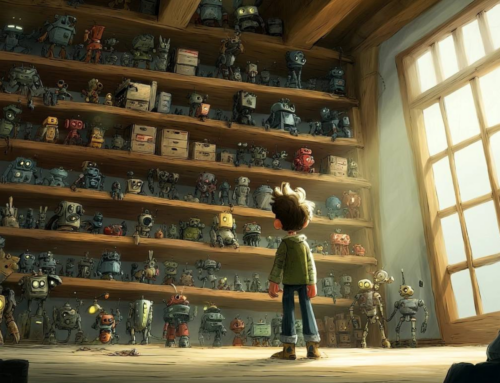The house was a wreck. That’s what happens when six young boys spend Saturday morning running amok.
My two brothers and I were often left with another family when we were young. This other family had three boys the same age, making us six boys under the age of ten. Containing this hurricane of activity into one house meant the tidiness level dropped quickly (and significantly). To clean up the mess, the household matriarch invited us to use what was, at the time, a new technology: the microwave timer.
“I’m going to set this timer for ten minutes!” she yelled over the chaos. “Let’s see how much of this house you can get clean before it’s done!”
I remember racing through the house, putting things away as fast as I could, trying to beat the timer. If we could get the house to a presentable level of cleanliness, and gather in the kitchen to listen to the final beeps of the timer, we would crow with celebration of our victory.
Normally, a young boy would find little pleasure in cleaning up their own mess. But because our work was turned into a game, I had no idea I was doing a chore. The task was presented to me as play, so I gave it all of my attention and enthusiasm.
We can do this with any kind of work. Turning a chore into a game is an easy way to trick yourself into accomplishing difficult things.
Hard work vs easy play
We labor under the false impression that our work should be toil. We expect drudgery of employment rather than enjoyment. The industrial revolution has conditioned us to think of work as the price we pay for leisure time, while play is something we earn only after our labors are complete.

But what if play was not an escape from work? What if bringing play into our work is how we accomplish more, and perform better at what we do?
“I’ve never really understood why so many people separate work and play,” said Sir Richard Branson. “It’s all living. We should be able to have fun at work and bring out the best in each other.”
Nobody has to convince you to play a game that you like. You play for the fun of it. If you can turn your work into a fun game, your resistance to the task will be lower, your enthusiasm for accomplishment will be higher, and you will achieve more than if you treated your work like a chore to be done resentfully.
Think of the seven dwarves, toiling in the mines; whistling while they work. Play makes the hard work go by faster, and it infuses your work with a dash of joy.
Have more fun with your work
Play has been scientifically proven to improve our attention, deepen our relationships with others, and develop resilience to failure. Aren’t these the very qualities make us better at the work we do?
In his book Flow: The Psychology of Optimal Experience, author Mihaly Csikszentmihalyi identified eight characteristics of the Flow state:
- Complete concentration on the task
- Clarity of goals and reward in mind and immediate feedback
- Transformation of time (speeding up/slowing down)
- The experience is intrinsically rewarding
- Effortlessness and ease
- There is a balance between challenge and skills
- Actions and awareness are merged, losing self-conscious rumination
- There is a feeling of control over the task
Is he describing how we do our best work? Or is he describing a state of play?
Bringing play into your work increases your capacity to do work well. I’m sure you’ve noticed this in your own life at some point: you can get more done in good cheer. Play bypasses procrastination, invites enthusiasm, and nurtures the creativity that helps you make an exponential impact.
Your procrastination is a clue
Have you ever had a day where you spent an hour looking at funny memes on the internet while you pretended to work? You didn’t need to be incentivized to scroll through the jokes. This experience was intrinsically rewarding by itself, one of the characteristics of Flow. What do you get from your procrastination time that you enjoy? Could you get this same quality from your work somehow?
Maybe collecting some funny memes about your industry, and sharing it on the team Slack channel, can spread good cheer and lift the spirits of your team. Maybe there is a work-related task that involves a similar kind of research, where you get joy in discovering new and interesting things.
This would bring more play into your work, but how could you bring boring work into a state of play? Give yourself points for accomplishing those tasks you have been procrastinating, or reward yourself with genuine procrastination time after accomplishment. Turn your boring work into a game, and you can keep it fun, and get it done.
Ever since I ran away and joined the circus, I’ve always seen my work as a form of play. The harder the work, the harder I have to play to get through it. This mental trick – to gamify work – enables me to accomplish some spectacular things.
Work without will or wonder is just drudgery. Play is an overlap of work, will, and wonder, and it transforms how we participate in working.
This article is an excerpt from my next book, Playful Productivity. To get notified when it’s ready, sign up for the wait list here.
If you want to learn some practical techniques for turning boring work into fun games, I invite you to attend my next virtual masterclass:

In this interactive Zoom webinar, you will:
- Learn how to turn boring work into gamified experiences
- Play 3 simple games that beat burnout and improve collaboration
- Create incentive structures that improve your performance
Thursday, 15 June // Wednesday, June 14th
9am AEDT / 11am NZDT // 4pm PST / 5pm EST




![Educate yourself before AI educates you [Now Enrolling – AI-Powered Professionals]](https://caelanhuntress.com/wp-content/uploads/2025/04/educate-yourself-featured-500x383.png)
Leave A Comment